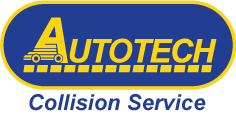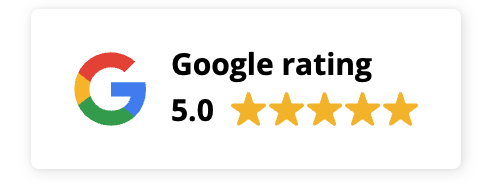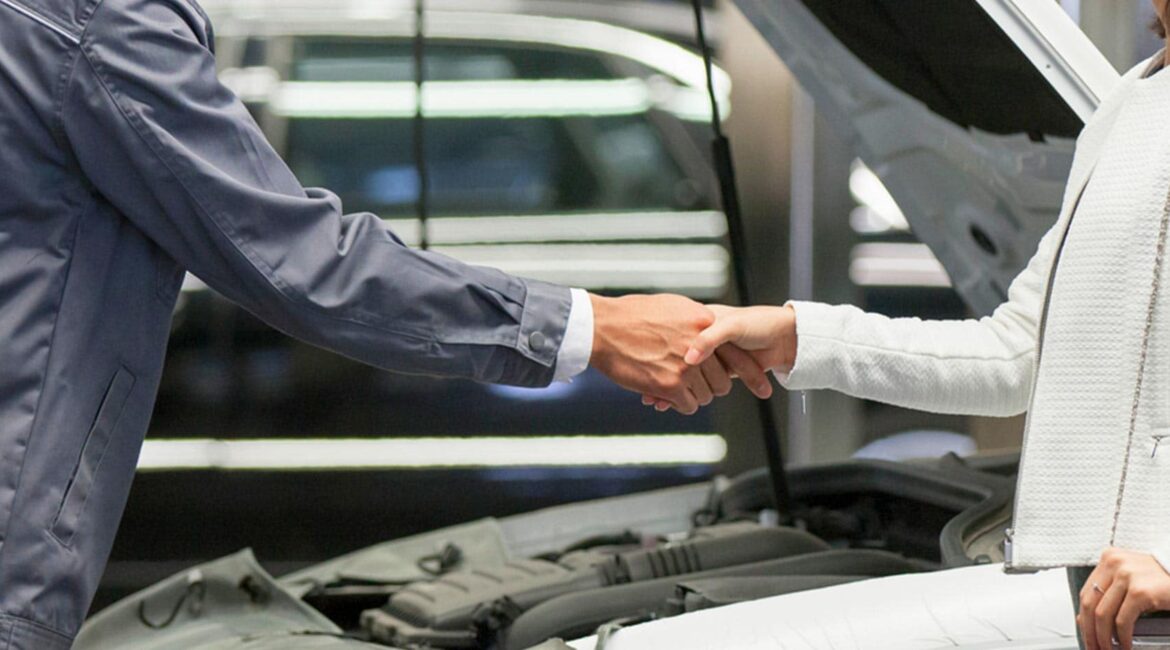If you were just involved in an accident, you are legally owed money. The other parts that follow getting involved in an accident can be very confusing and might even mislead you, depending on where you’re getting the information from. We want to help New Jersey drivers know what their legal rights are for collision repair so you know what you are entitled to.
Car owners typically assume dealers, mechanics, and body shops are on a mission to screw over the customer. Repair bills are more expensive than ever, so it’s only normal you’d question the intent of a repair shop. However, few people understand just how complex auto repair has become, which is one of the biggest reasons why it’s so expensive. Granted, there are still some repair shops out there who don’t have your best interest in mind and are only in it for the money. However, a real collision repair facility can be your partner in ensuring that you get every penny that is coming to you in your collision repair claim.
You never get in your car, planning to get in a car accident. But when it happens, your life instantly changes. From dealing with your insurance company, the body shop, your possible injuries, and the many inconveniences that come from being without your car, the days that follow a car accident are almost worse than the crash itself.
If it’s been a while since you had your car repaired, you may not know what your legal rights are as a customer seeking collision repair. The truth is, any auto body shop can make a car look like it is repaired, but there can be some shoddy work and safety issues hiding under the shiny paint. But knowing what you’re entitled to during the collision repair process is entirely different. It could be what determines the overall quality and safety of your car.
You Have The Right To Choose Repair Facility That Fixes Your Car
One thing that most drivers do not realize is that no matter what, YOU have the right to choose where their car gets repaired. Your insurance company may tell you that a shop is out of their network, but that doesn’t exist in collision repair the same way it does in a health insurance situation. Insurance companies have direct repair partners known as DRP shops that are their preference, which we’ll explain below. No matter what, the choice of repair facility is always in the customer’s hands, and that is protected by law.
One of the biggest changes in the automobile industry is because of how advanced cars are engineered today. The days of dropping your car off at the shop, trusting the technician would perform the proper repair are forever in the past. Each car comes with unique repair procedures laid out by your car’s manufacturer, known as OEM repairs.
It’s important to note that not all body shops are created equally. Some auto body shops do not have the necessary tools and equipment capable of performing these types of repairs. Technicians need to have extensive training paid for by the body shop owner, so they know how to perform your repair correctly. The training is not a requirement, which is why most technicians will often get right to work on a repair “out of experience” rather than looking up what the manufacturers instruct. These technicians think because they repaired a thousand bumpers on a Honda Civic, this bumper repair on your Honda Civic won’t be any different.
Several auto body repair shops, specifically those that are part of a chain, are known as “direct-repair facilities,” or DRP for short. This means they have a contractual agreement with Insurance companies to perform fast repairs at a specified budget and deadline. These deadlines are usually impossible to meet, causing the technicians to cut corners in the repair process to save time. They run on the philosophy:
Faster repairs = happy Insurance company = more cars = more money.
Because of the agreement your insurance company has with these DRP shops, they’ll make it seem like it’s the best shop out there for your car. They’ll make it seem like it’s the best option out there for your car. No matter what your insurance company may tell you, YOU have the right to choose where you get your vehicle repaired.
You May Have The Choice Of Repair Parts
If the manufacturers had their way, aftermarket parts wouldn’t even exist. If the insurance company had it their way, there would be no such thing as an OEM part. Many body shops feel the same way because aftermarket parts can be ill-fitting and inferior compared to the parts made by the original equipment manufacturer. But aftermarket parts are a lot cheaper than OEM parts, and that’s why insurance companies insist on them.
Your policy will state what your coverage is and what parts are allowed. Even if your insurance policy doesn’t cover them, you have the right to use OEM parts on your car. You might need to pay the difference out of pocket, but you also are getting the highest quality and safest parts out there for your car.
There is also pending legislation that could require the use of OEM parts in cars three years old and newer. Unfortunately, this bill will most likely be dismissed because it would increase rates for car insurance. Non-OEM parts could also affect the timing of specific sensors in the advanced safety features of your car, and much debate is being waged in the collision industry about this.
Currently, there is no law requiring a technician to follow OEM repair procedures and use OEM parts. Here in New Jersey, auto repair technicians aren’t required to have a license to work on your car. This means they can do whatever they want in the repair process and not have a collision repair officer monitoring them. It’s all about where you take your car to be repaired which makes all the difference in the quality of repair you’ll receive.
Most states will require shops and/or insurers to inform a customer when something other than OEM parts are used. This is typically part of the repair process. There are also a few states that need your consent before using these parts. However, some states don’t require any disclosure or approval on behalf of the customer. This is why it’s critical to ask the body shop questions and to check your policy. Knowledge is power, and your safety should always be a top priority.
Check Your Policy. It Is Your Legal Contract
Since every state has insurance coverage minimums, it’s important to check your policy ASAP. Of course, each policy is different as well, and you want to know what you’re covered for. Specific policies allow the use of OEM parts, while others might have contingencies, such as how old the vehicle is or what needs to be repaired. Some might even specifically call for the shop to use parts that are “like kind and quality,” known as salvage parts. These are parts purchased from a nearby salvage yard and were previously used.
Certain repairs like a door or hood repair aren’t as critical in requiring OEM parts. However, salvage parts will almost always require repair of their own before they are “usable” for your car. They could need some metalwork and will definitely require paintwork, depending on the condition of the actual part. Merely using an OEM part would eliminate any potential problems like this in the repair process. This is why it’s critical to check your policy to know what you’re covered for.
Your Repair Shop Can Be Your Ally In Getting What You Are Owed.
Asking questions is extremely important in the repair process, just like it’s important to choose the repair facility YOU want to take your car to. Some common questions to ask are how your vehicle will be repaired (parts, repair procedures, etc.), the technician’s training, and if a shop is “certified.” A certified repair shop knows the importance of following OEM repair procedures and has highly trained technicians capable of handling any repair that comes into their shop.
Every day, a body shop is dealing with insurance companies and claims. Because of this, they know exactly how to determine what you’re owed in a typical insurance claim following a collision. Your shop can also help you if you have received sub-par collision repair and are looking for help in getting your car re-repaired. This is a situation many body shops have seen, which is why they are willing to help customers out. Depending on where you go, there are a few shops will even perform a post-repair inspection on a car repaired by another shop. Often these PRI’s can help you sue for damages from the bad repair.
Why Trust Us
You deserve to know your rights as a customer seeking collision repair, and we’re here to help New Jersey drivers with the entire process. Car repair is extremely stressful, so why add any more stress when simply taking your car to a shop that knows what they’re doing can make all the difference?
We here at Autotech Collision Service have OEM Certifications with over a dozen different car manufacturers, including Honda’s OEM Certification and Acura’s Pro First OEM Certification. You can trust that our technicians know exactly what they are doing and will only repair your car exactly as the manufacturer instructs us to.
We have also been proudly serving Southern New Jersey for nearly 30 years and aren’t stopping anytime soon. Feel free to call us at (856)-232-1833.
If you’d like to schedule an appointment or to get an online quote, click any of the buttons below! Or, feel free to give us a call at (856)-232-1833. We look forward to hearing from you!



